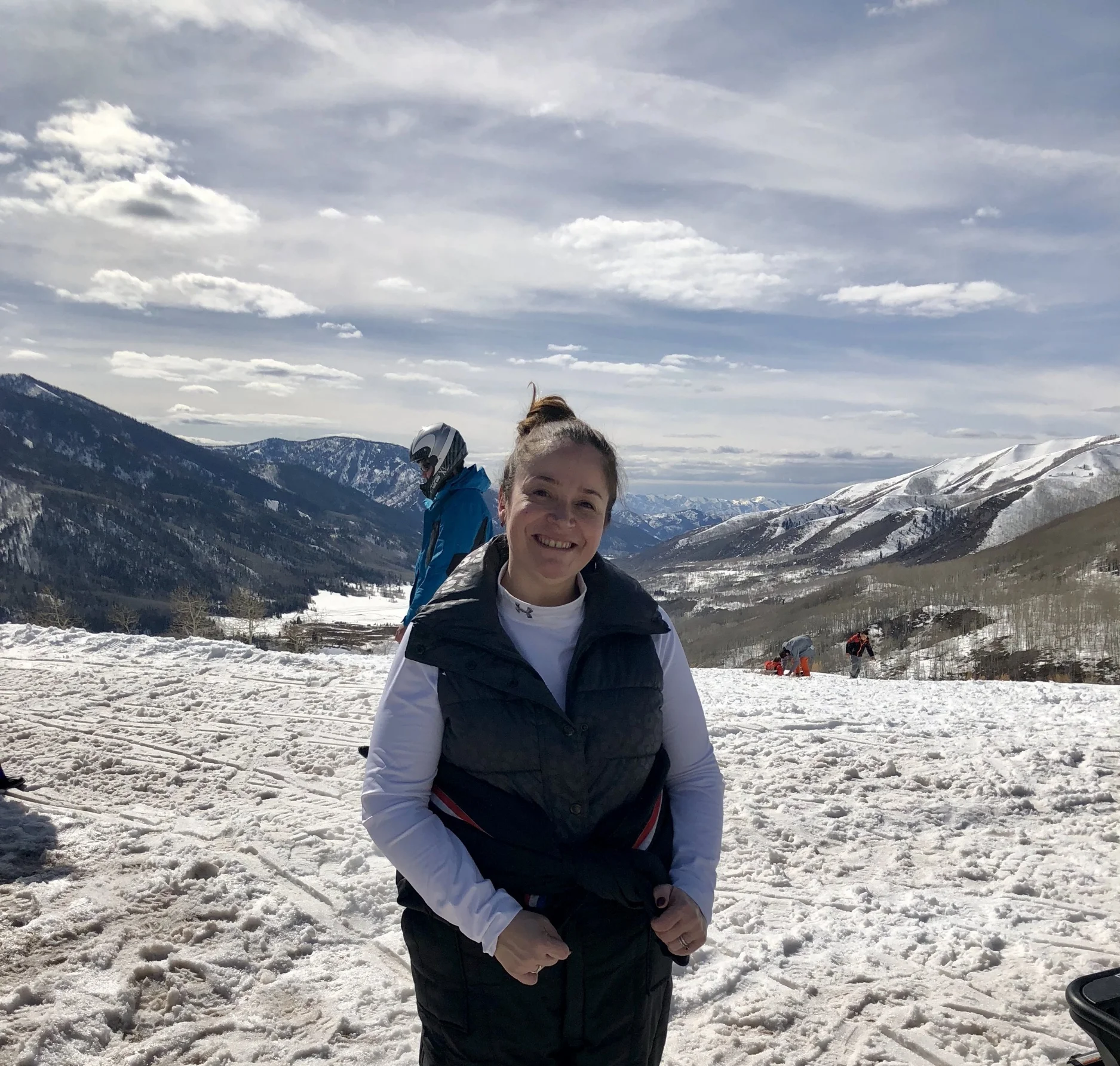When I was growing up in Miami the Cuban community was referred to as the ‘exile community’. My grandparents would say it constantly, “el exilio cubano” or “en el exilio” or “estamos exiliado” (the cuban exile movement, or in exile, or we are exiled). I remember many families would keep a bottle of champagne in their refrigerators that, year after year, would not be opened, because they’d open it when their home was restored. “Eso es para brindar una Cuba libre” (that’s to toast a liberated Cuba) they’d say with hope, clinging to a country that raised them and held all of their memories.
Think about it, by the time I was born in 1976, the first wave of exiles from Cuba had been in the United States for about 17 years. That’s a long time to wait to go home.
I don’t believe that initial wave of people fleeing the dictatorship of Castro knew just how long they’d not be home for. They never imagined that their exile would morph into a permanent migration to another country. The heart wasn’t to remain in the United States, but to gratefully live here until it was time to return home. I know my grandparents longed to return home until their last breath was taken, in exile. For some, this became their home. They grew up in a different world than their parents, and they not only acclimated they assimilated. They, pledged their allegiance to the country that took them in, the country that they grew roots in.
Exile is a funny thing.
You’re not physically home, but your heart remains there.
If a person is a believer, the Bible tells us that our citizenship is in Heaven (Philippians 3:20). That makes us exiles on this Earth. We are supposed to be in this world, but not of this world. Our HOME is elsewhere. We are sojourners, and just as that first generation of Cuban exiles, we should keep our eyes focused on one day, going Home. Because unlike that first generation of Cuban exiles, (thank God) we WILL go Home. It’s a sure thing for those who have put their faith in Jesus Christ.
Now, a warning about what ends up happening in an exile movement that lasts a REALLY long time: Well, we forget.
My paternal grandparents were amazing at telling us stories about the Cuba they grew up in. An Eden of beauty, an island filled with artists and entrepreneurs. A people who enjoyed music and leisure but weren’t afraid to take risks and work. My sister and I were encouraged to memorize poetry by Cuban authors, and my dad reminded us pretty regularly that, had he known where the flight was taking him when he was 13, he would’ve ran away. My mother’s stories were slightly different, they were much darker because she left her home years later, when the oppressive dictatorship had torn the country apart. Her memories were from a Cuba that had turned into a place where neighbors betrayed neighbors, where firing squads were broadcast on TV, and where her father had to work in a sugar cane field (like a concentration camp) to ensure their family’s escape. I was raised on both types of stories; the one’s about beauty, nostalgia and a deep longing to be home, and stories about pain, atrocities, and fear.
What did those stories do? They anchored me to a place I’ve never actually been to. A home, that I don’t know, but that I was connected to, through them.
Now, my children? They do not have the same connection to Cuba. Cuba isn’t “home” because it’s not home to me either. I never talked to my children about Cuba the way my grandparents and parents spoke to me, with love and longing. Things get lost as the years progress. The more generations we are from the actual event that propelled the exile, the more distant those stories become.
But we, believers, are all first generation exiles. All of us. God isn’t a grandfather, He’s a father.
We should long for our home the way my abuelo (grandfather) did. He mourned not being home, and well into his 90’s he’d still tell me stories about his beloved hometown. His, was a profound yearning for his home.
If one is a believer, this is not our home. Our HOME is where God is, this is temporary.
We are supposed to be storing up our treasure in our ultimate Home. We are to be working as if the king of our home is the one overseeing us. We are to tell our children and grandchildren about our home so that they have a sense of belonging, and so they know where we are rooted.
We are in exile. Do we believe that, and do we live like that?
I yearn for the day I get to be Home, I think about it a lot, but in the meantime, I will be a good steward of where my King is keeping me, and I will speak to my children and grandchildren about my Home.
Do I keep a bottle of champagne in my fridge? No.
But if I’m honest, my prayer is that I live in such a way that when I am finally called Home, my children and my grandchildren know, beyond a shadow of a doubt that I am no longer in exile, but I am HOME. I pray in the midst of grief, they find joy in that, and celebrate. (with champagne would be cool)
